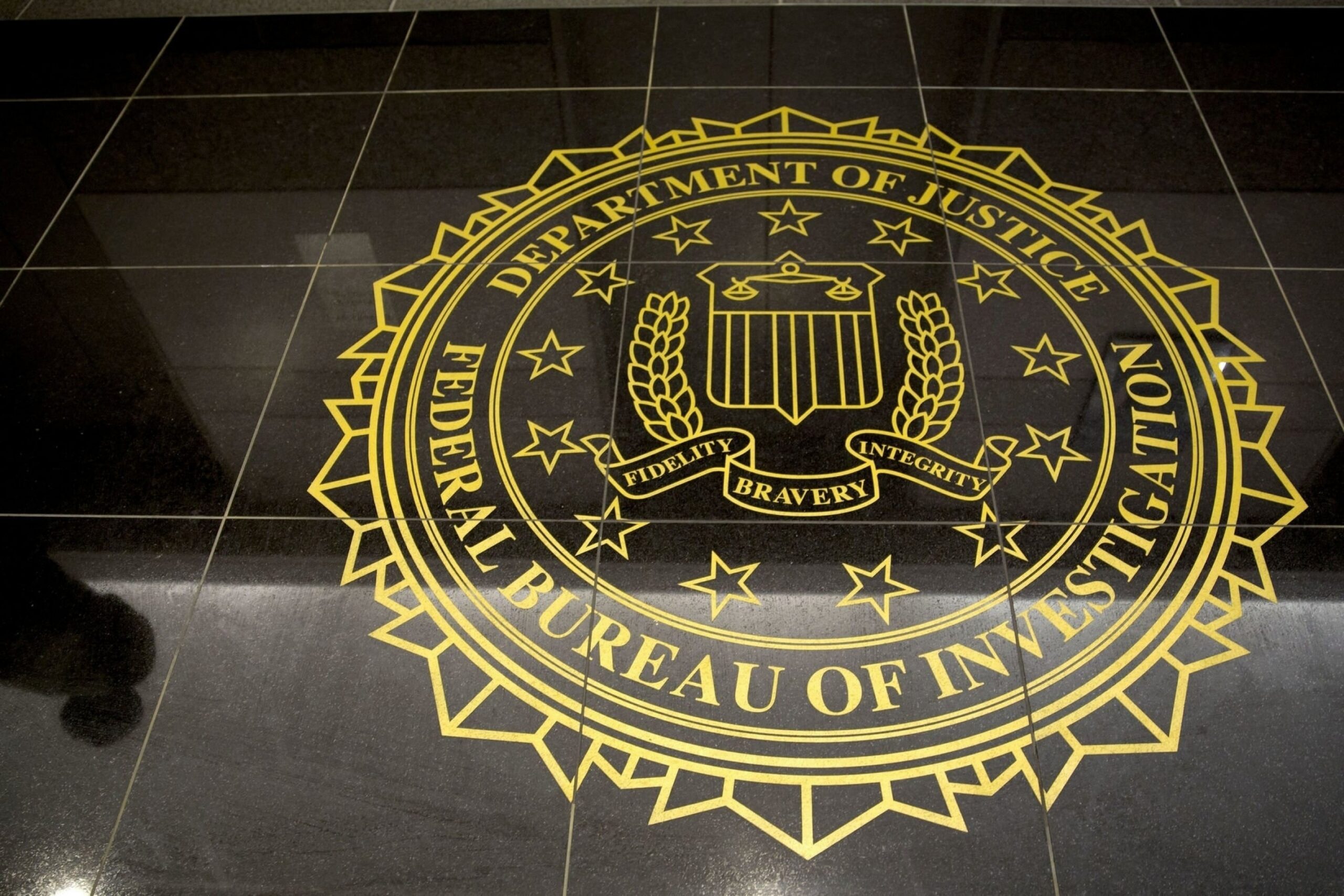Kristy Parker is Special Counsel at Protect Democracy. She leads litigation to secure accountability for abuses of executive power and interference with government functions, and leads advocacy to reform the Department of Justice and protect its independence from politicization.
The Durham investigation is Exhibit A for actual weaponized justice
- May 19, 2023
What the Durham report and ensuing reaction says about the rule of law

After a four-year investigation and two failed prosecutions, last week Special Counsel John Durham issued a report concluding that the FBI lacked a sufficient basis for opening a full investigation into allegations of Russian interference in the 2016 election. Durham found no wrongdoing by the FBI that had not been aired years ago by the Justice Department’s Inspector General, and did not dispute the findings of Special Counsel Mueller’s investigation that Russia had, in fact, interfered in the election to benefit former President Donald Trump. Nonetheless, the report has inspired numerous headlines amplifying its conclusions and reignited claims from Trump’s allies that the Mueller investigation was a “witch hunt” and a “hoax,” and that myriad unnamed individuals should go to jail, despite the absence of any such recommendation from Durham.
Last week, Protect Democracy issued a guide to help readers determine when the use of law enforcement powers comports with the rule of law and when it is improperly politicized. Answering the guide’s “key questions” makes it clear that the Durham investigation is a prime example of weaponizing the Justice Department to pursue politically-motivated objectives.
And reporters who cover Durham’s report and its conclusions should be placing them in that context.
Read more: How to tell whether a government investigation or prosecution is weaponized Read more: How to tell whether a government investigation or prosecution is weaponized
First: Did the White House and the Justice Department follow policies to avoid political interference in the Durham investigation?
No. The current White House and Justice Department leadership did not interfere – notably, Durham thanked Attorney General Merrick Garland for “permitting our inquiry to proceed independently and without interference.” But the investigation was the product of open political interference with the work of the Justice Department by both former President Trump and Attorney General Bill Barr. During his presidency, Trump made no secret of his view that the Justice Department should serve as his personal weapon and he repeatedly and publicly called for the FBI personnel conducting the “Russia hoax” investigation of him and his campaign to be fired and prosecuted. Of course, Trump did fire FBI Director James Comey because of his refusal to shut down the investigation.
For his part, Barr directed then-Connecticut U.S. Attorney Durham to open his investigation after Barr had himself suppressed and mischaracterized the conclusions of Special Counsel Robert Mueller’s report. As the investigation proceeded, Barr, Trump, and even Durham himself publicly commented on it, making statements presuming wrongdoing by the FBI and others in violation of Justice Department policy. And Barr pressured Durham to improperly issue an interim report in advance of the 2020 election, driving one of Durham’s closest deputies to resign from the investigative team and spurring more than 1500 Justice Department alumni to weigh in on the improprieties in the investigation and its own potential for election interference.
Second: Are Durham’s conclusions consistent with the publicly-available evidence?
No. Durham’s conclusions contradict and obfuscate the public record about Russian election interference and the basis for the FBI’s investigation. Durham’s conclusion that the FBI did not have sufficient information in 2016 to open a full counterintelligence investigation disputes the Justice Department’s Inspector General, who concluded that the FBI had properly opened its investigation. Special Counsel Robert Mueller’s investigation resulted in more than three dozen indictments and multiple convictions, and found voluminous evidence that Russia had sought to aid Trump’s 2016 election campaign. Mueller’s conclusions about Russian interference in the 2016 election were later validated by the bipartisan Senate Select Committee on Intelligence. For all these reasons, the idea that it was somehow improper for the FBI to investigate whether Russia was interfering in an election to help Trump – or whether members of Trump’s campaign welcomed the interference, even if there was insufficient evidence to prove a criminal conspiracy – defies the known facts.
Third: Have Durham’s efforts to pursue criminal prosecutions been validated by the criminal justice system?
No, Durham’s prosecutions failed before judges and juries. The only conviction that resulted from Durham’s probe was of an FBI lawyer who pleaded guilty to falsifying an email used to prepare a warrant application. That case was referred to Durham by the Inspector General at the conclusion of his investigation, and the sentencing judge rebuffed Durham’s efforts to seek a prison sentence.
The two prosecutions Durham pursued, both related to individuals accused of lying to the FBI, ended in jury acquittals. What’s more, Durham used the cases to further a narrative that Hillary Clinton’s campaign was the driver of Russian interference allegations. While an acquittal does not necessarily mean that a case should not have been prosecuted, the evidentiary and legal basis for both of Durham’s prosecutions was heavily criticized by an array of cross-partisan legal experts. Indeed, the judge in one of the prosecutions described his decision to allow the case to go to trial as “an extremely close call.” And two of the prosecutors assigned to the other case, one of whom resigned in protest, objected to seeking an indictment, arguing that the evidence was too flimsy.
These factors all indicate that the Durham investigation was not warranted by the facts, law, or Justice Department policy. It was instead driven by the political objectives of former President Trump, who sought to retaliate against those who investigated him and divert attention away from the implications of the original Russian election interference investigation.
And while Durham’s report did not, in the end, accuse FBI personnel of acting with political animus against Trump, the news coverage it generated nonetheless demonstrates one of the threats to democracy attending the deployment of the federal government’s law enforcement powers in a politically-motivated manner. To be sure, some journalists wrote stories that placed the investigation in its proper context and questioned why it had been launched in the first place. But many others wrote or aired stories that regurgitated Durham’s conclusions without proper context, thus providing useful fodder for one side of the political aisle both to cast aspersions on their opponents and to muddy the truth about Russia’s interference in the 2016 election.
These results are precisely the point of politicized justice.
Ultimately, the Durham investigation and its aftermath are a cautionary reminder of the stakes for democracy and the rule of law as the media covers how the Justice Department uses its law enforcement powers – and of the importance of asking the right questions to assess whether what is happening serves rule of law objectives, or the dangerous alternative.
As the criminal investigations of former President Trump continue to unfold, asking those questions will be critical.
Read our report: Investigating and Prosecuting Political Leaders in a Democracy Read our report: Investigating and Prosecuting Political Leaders in a Democracy
Related Content
It can happen here.
We can stop it.
Defeating authoritarianism is going to take all of us. Everyone and every institution has a role to play. Together, we can protect democracy.
Donate
Sign Up for Updates Sign Up for Updates
Explore Careers Explore Careers
How to Protect Democracy How to Protect Democracy


